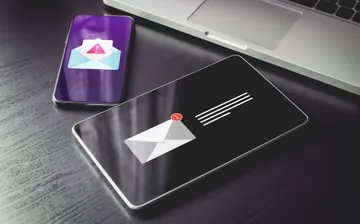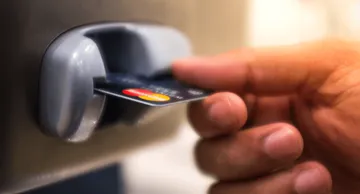

Online romance and fake charity on social media
Online romance and fake charity on social media
Are you dating online and your partner suddenly runs out of money? Thinking about helping someone financially but you’ve never met them? Suddenly inherited a fortune? Stop and think!
How to spot romance scams or fake charity appeals:
- Sooner or later, the scammer will come up with a heartbreaking story – a sick child, war, debts they “can’t help”, or a fundraiser for a disabled friend.
- In inheritance or prize scams, you’ll suddenly hear from a so-called lawyer or notary who wants access to your account.
- In charity scams, you won’t find a transparent account for the organisation online – something that’s mandatory for genuine fundraisers.
How to protect yourself:
- Always check who you’re talking to on social media.
- Never share your login details, passwords or full card numbers with anyone.
- Talk to someone you trust before sending money to anyone.


